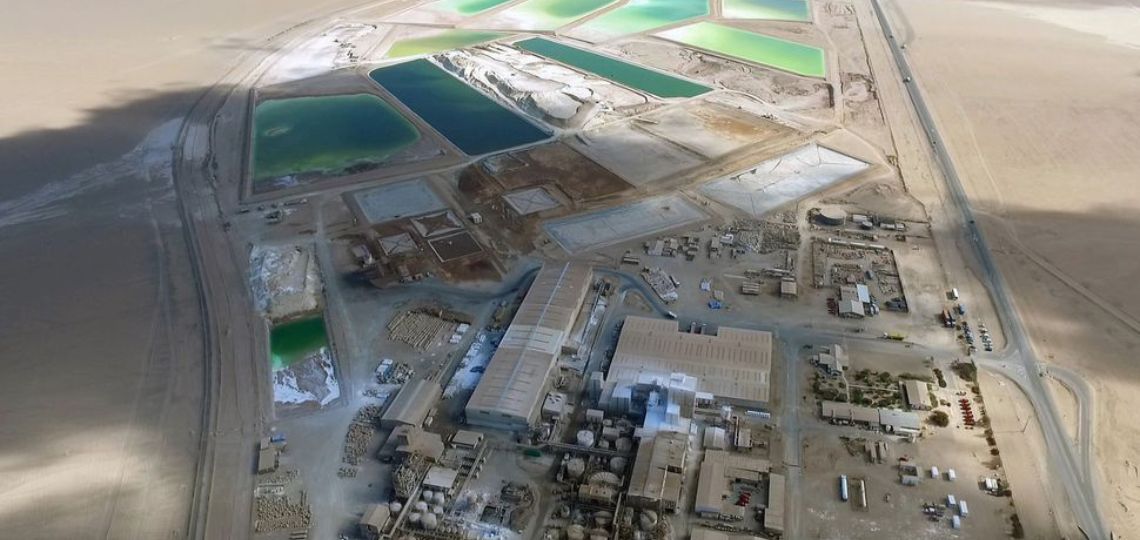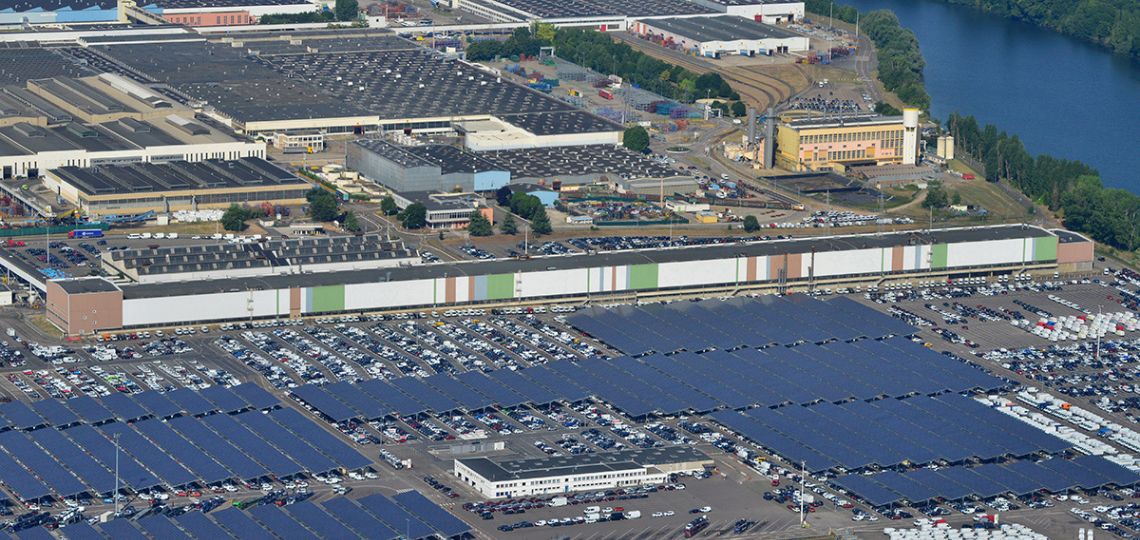With the green battery, Europe is trying to gain a competitive edge in a battery market currently dominated by Asia. To this end, Brussels tightened its battery directive in December 2020. Criticism is now mounting over the short-term economic and social impact of this text.
Europe catches up with green batteries
The green battery, the EU’s new battle-horse to compete with and stand out from Asian producers. According to BloombergNEF, China produces 60% of the world’s batteries. Its dominance even reaches 77% in cell manufacturing and 80% in the refining of the materials used.
By contrast, Europe accounts for less than 5% of cell manufacturing worldwide. However, this situation is set to change in a few years’ time, with the first effects expected from theEuropean Battery Alliance. According to the European Commission, Europe should be self-sufficient in cells by 2025. Yet despite this increase, the continent is expected to account for only 15% of global production.
High level of pollution caused by battery production
Another difficulty for Europe is that battery manufacturing is still extremely polluting. Today, the carbon footprint of battery production is estimated at 60kg CO2/kWh. You’d have to drive an electric vehicle more than 18,000 km (data vary widely from study to study) to emit less than a combustion vehicle. According to BloombergNEF,sales of electric vehicles have alsofallen in 2020.

This environmental cost is due to the level of pollution generated by the mining of raw materials. Added to this is the extremely negative impact of refining and metal processing on CO2 emissions. Above all, manufacturing a battery requires a significant amount of electricity, which can come from fossil fuels such as coal.
A new directive for low-carbon batteries
Faced with competition from Asia, Europe intends to use green batteries as a lever to catch up. For Brussels, given their low environmental footprint, these batteries will give Europe a competitive edge in this market of the future. Indeed, the expected multiplication of carbon taxes will favor producers of batteries with the highest environmental standards. This will give us a real advantage over China, whose electricity production is largely coal-fired.
Already today, Chinese emissions from electric vehicles are 60% higher than in Europe. The EU also has a leading company in this battery segment, with Sweden’s Northvolt. The latter manufactures batteries with a very low carbon footprint, and has signed a major partnership with BMW.
A three-stage timetable
To capitalize on this strategic advantage, the European Commission has just proposed a directive for low-carbon batteries. This directive requires manufacturers to publish the carbon footprint of their battery production by 2024. On this date, the Commission is expected to propose a CO2 emissions limit to be met from 2027.
Subsequently, Europe hopes to impose a minimum percentage of raw materials to be recycled by 2030. The aim is to stimulate the recycling of critical materials such as cobalt, nickel and lithium. In addition, the Commission has proposed raising its target for recycling portable batteries to 65% by 2025.

How to access rare earths?
Despite its ambition, the European Green Battery Directive is likely to face a number of obstacles. The first of these concerns Europe’s dependence on the extraction and refining of raw materials. Today, Europe imports around 98% of the rare earths it needs to manufacture batteries.
For European manufacturers, the challenge will be to ensure that their foreign suppliers comply with the Commission’s environmental criteria. However, Europeans will inevitably face competition from Chinese airlines that do not have the same environmental requirements. China already owns 50% of the cobalt mines in the Democratic Republic of Congo. In other words, differences in environmental standards could make access to raw materials more difficult for Europeans.
Fear of rising manufacturing costs
Moreover, the European directive is under fire for its impact on production costs. Indeed, recycling ambitions require additional R&D spending by companies. Added to this are the extra costs involved in assessing the carbon footprint of the entire value chain.
Above all, the directive requires battery manufacturers to source low-carbon electricity directly. Today, however, the bulk of our production takes place in Eastern Europe or Germany, regions still dependent on coal. The directive will therefore force these manufacturers to either relocate or switch their electricity suppliers to more renewable sources. All this will come at a high cost to European manufacturers, who are engaged in genuine competition with their Asian rivals.
As a result, the European directive has been widely criticized for its often unrealistic objectives. Last March, the European Council itself expressed doubts about the European Commission’s objectives. It is therefore unlikely that this directive will be adopted as it stands in the coming months. The Council nevertheless agreed that green batteries are the future of the European industry.





















